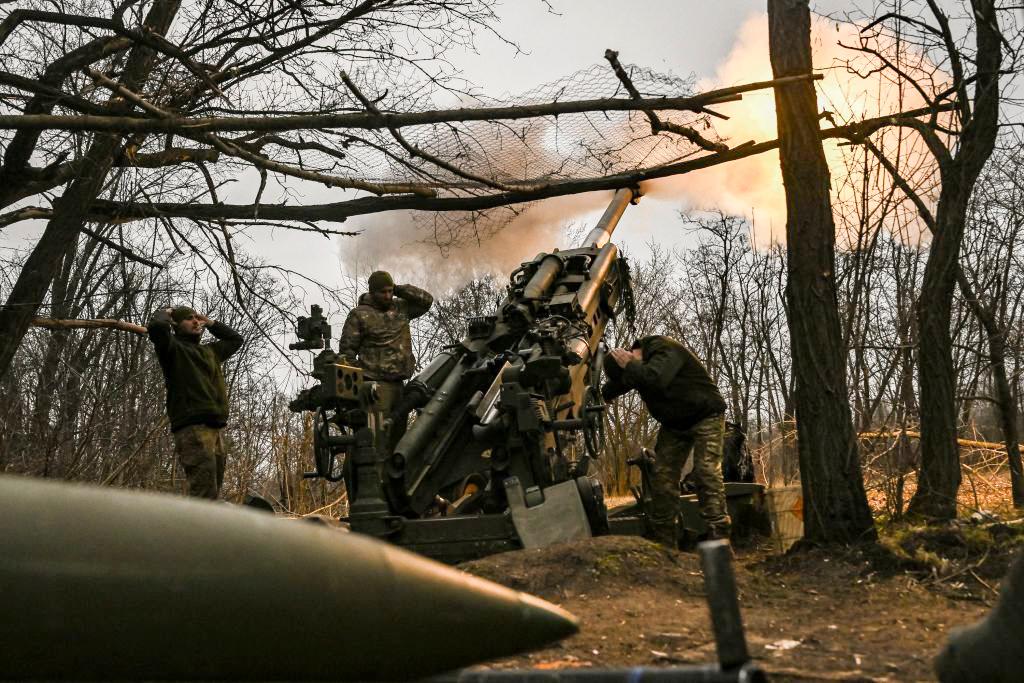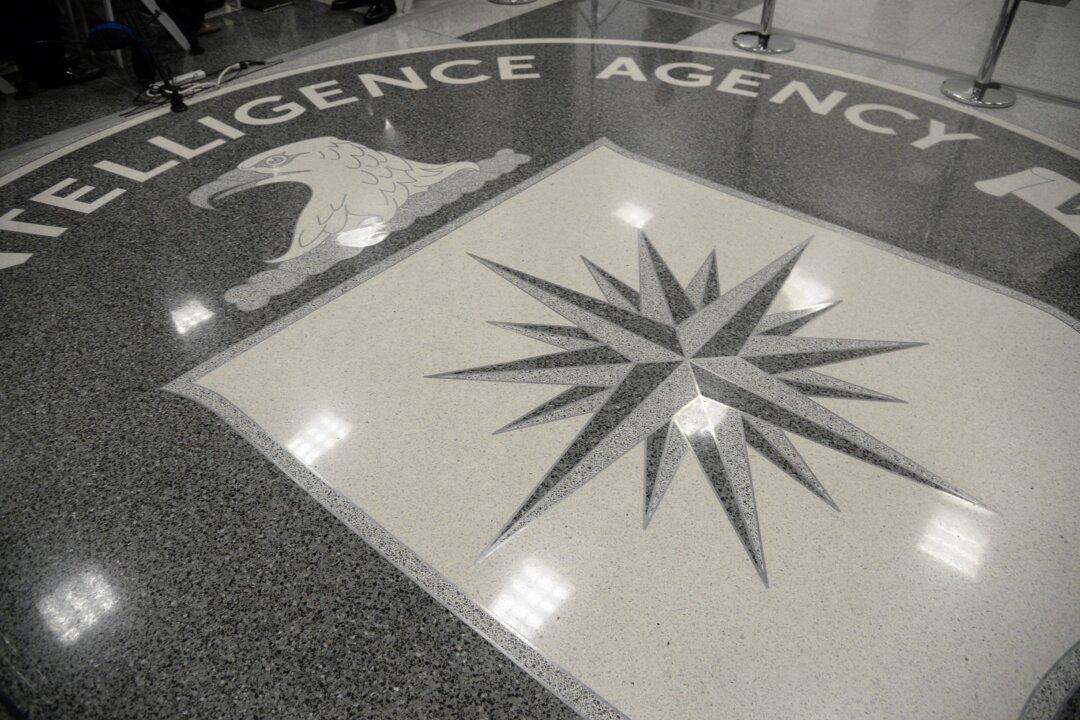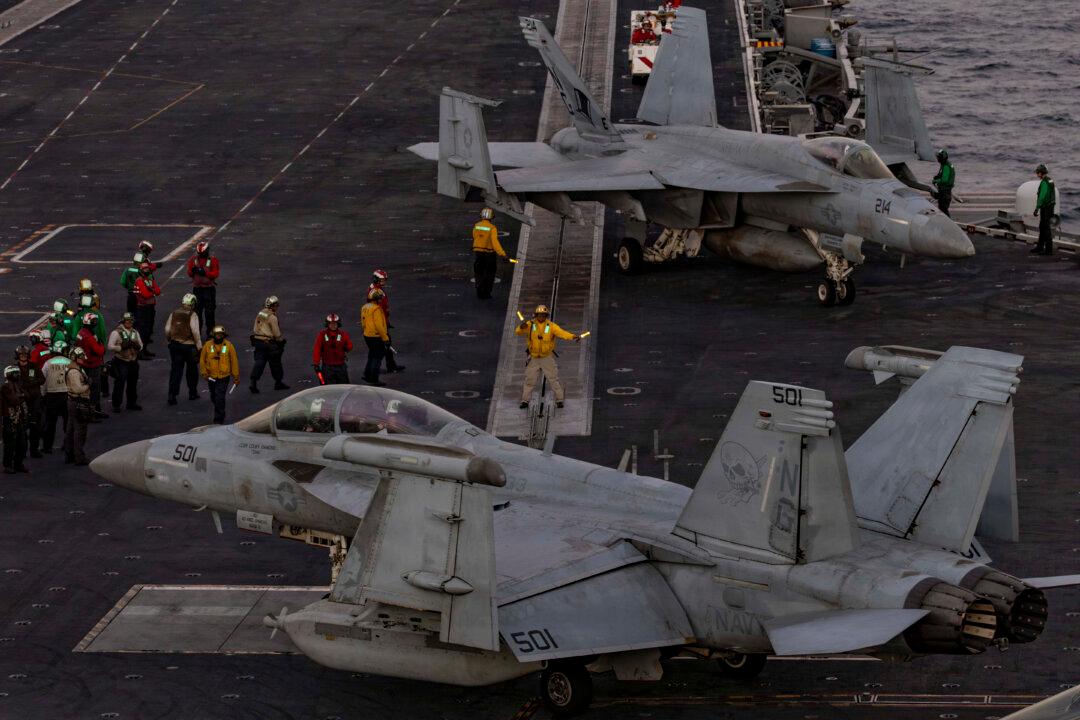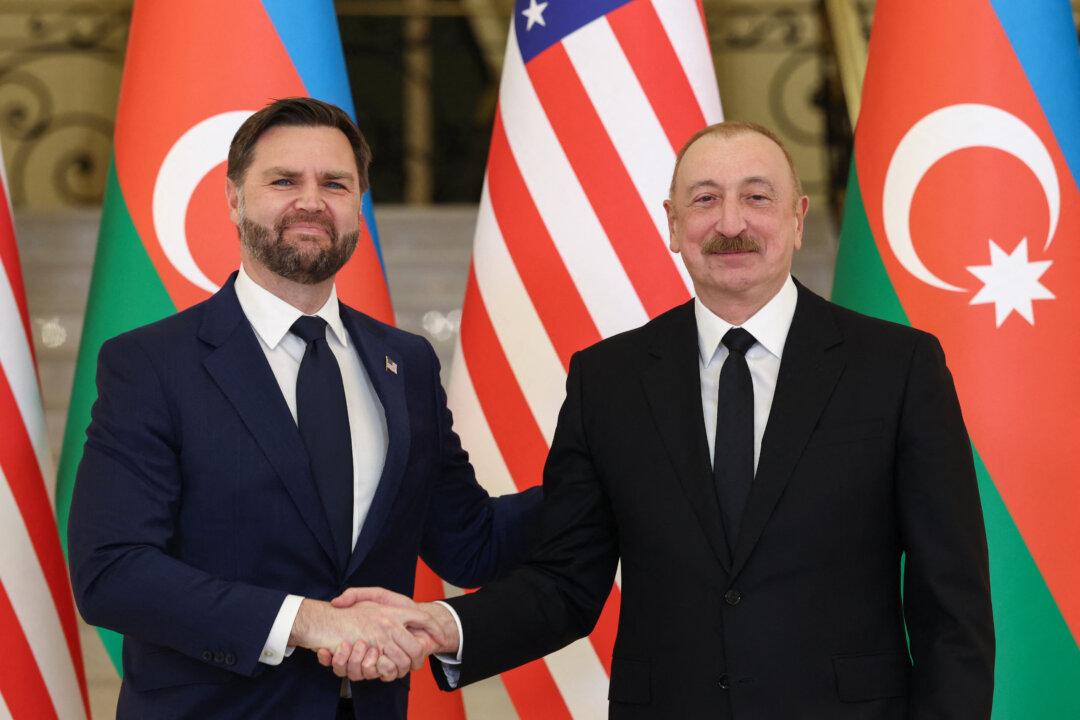Ukrainian forces have the Biden administration’s consent to use U.S.-donated weapons to strike anywhere inside Russia’s borders that Russian troops are using as a launch point for attacks on Ukrainian territory.
Pentagon press secretary and U.S. Air Force Maj. Gen. Pat Ryder confirmed at a press briefing on June 20 that the policy permitting Ukrainian strikes inside Russia with U.S.-donated weapons is not confined to the Kharkiv area alone but instead encompasses a general “counter-fire” permission. His comments provide more specificity to an evolving position within the Biden administration.





